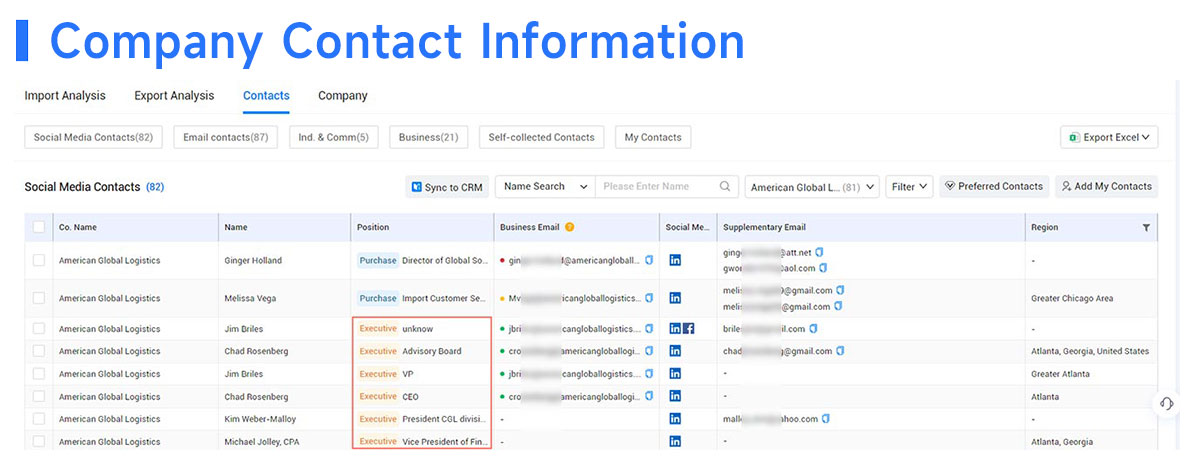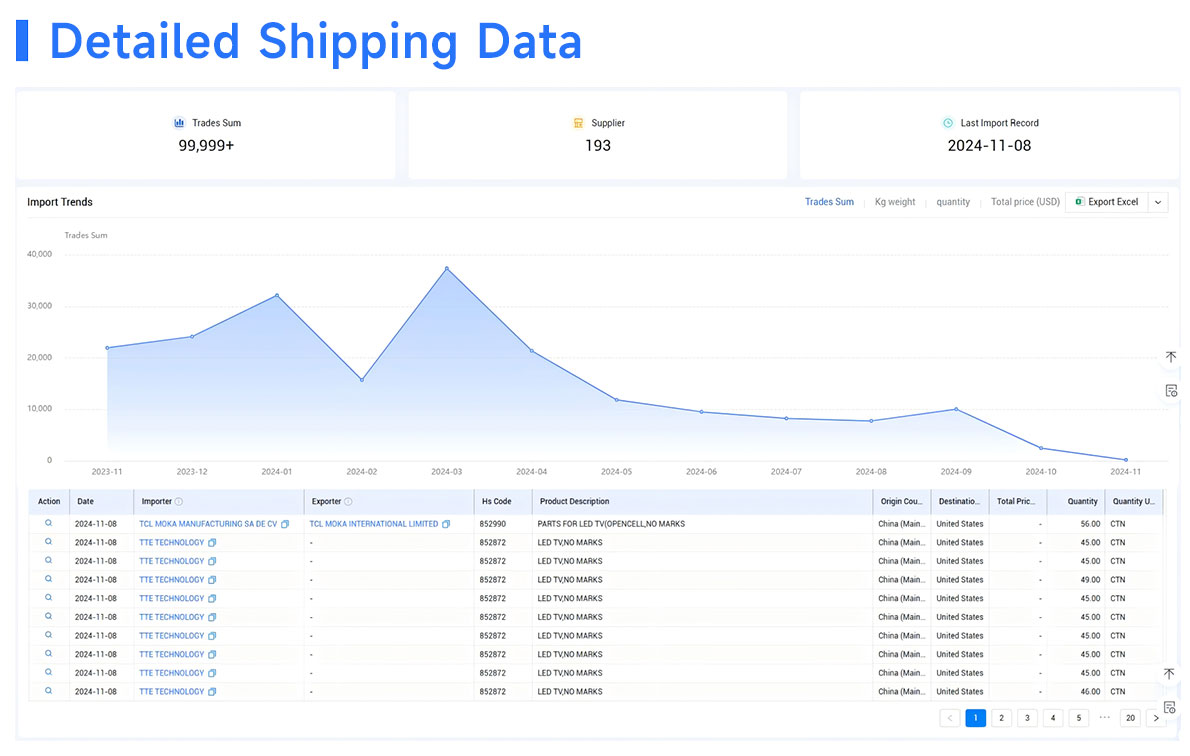 Trade Data Provider
Trade Data Provider
 12-11-2024
12-11-2024
Many people I know are involved in the import and export business, including my own family's company, which handles a significant number of international orders each year. Based on our experiences, I'd like to share insights on how to enter Turkey's import and export market, covering the benefits, strategies, and critical steps to building a successful business.

1. Familiarize Yourself with the Import and Export Process
Starting an import and export business requires a solid understanding of all processes involved, from order tracking to quality control. Familiarizing yourself with logistics, regulatory compliance, and document management is essential for success.
For those just beginning in the import and export business, the initial stage might not involve high commissions or established client relationships. However, this period is a valuable opportunity to learn, develop skills in order processing, and gain insight into both foreign markets and the industry as a whole.
2. Advantages of the Import and Export Business in Turkey
Turkey's strategic location as a bridge between Asia and Europe makes it a prime location for the import and export business. Professionals in this sector can enjoy financial stability and flexibility, especially those who operate as independent contractors or own small businesses.
3. Opportunities and Challenges in Turkey's Import and Export Market
While the import and export business may have evolved over the years, Turkey remains a highly profitable market with many opportunities. As the market becomes more regulated, businesses that offer quality products and services have a better chance of success. Turkey's economy and growth still heavily rely on trade, making import/export a vital sector.
4. Creating a Customer Acquisition Strategy for the Import and Export Business
The journey of acquiring customers in the import and export business can be visualized as a funnel:
· Potential Customers > Email Communication > Inquiry and Quotation > Sample Requests > Order Placement > Repeat Customers
In the beginning, focus on expanding the volume of potential customers before narrowing down your approach to high-quality leads. Building a customer base gradually will help you develop a deeper understanding of market demands and customer needs.
5. How to Identify Potential Customers in the Import and Export Business
For newcomers to the import and export business, establishing a solid base of potential customers is essential. One effective way to achieve this is by using customs data. A platform like Tendata, which provides comprehensive customs data, can help you quickly identify potential buyers and sellers within your target market, offering essential contact information and business profiles.
Using Tendata, you can design tailored strategies for different types of clients:
· Large Corporations: Highlight your reputation as a trusted supplier.
· Small Businesses and Trade Companies: Emphasize cost advantages.
· New Market Entrants: Demonstrate your reliability and comprehensive service.
· Established Customers: Showcase fresh business ideas and service models to maintain long-term relationships.
6. Obtaining Contact Information and Perfecting Communication
With Tendata, you can locate the contact details for procurement managers or other key personnel, increasing your chances of successful connections. Persistence is key; initial contacts may not lead to immediate orders, but with thoughtful research and refined messaging, you can make a strong impression.
When crafting your communications, keep them concise and focused on your product's strengths. Avoid long explanations; instead, let data and visuals illustrate your points.
>>GET A FREE DEMO FROM TENDATA<<

7. Using Tendata for Import and Export Business Success
Tendata offers real-time customs and trade data that can be transformative for your import and export business. With Tendata's tools, you can:
· Analyze trade flows for specific products.
· Discover companies actively importing or exporting in Turkey.
· Access pricing trends and competitor data to stay competitive.
Leveraging this data can help you make informed decisions, streamline client outreach, and gain valuable insights that position your business for success in Turkey's import and export market.

Summary
The import and export business in Turkey is both challenging and full of potential. With the right tools, like Tendata's customs data platform, new business owners can identify potential customers, optimize communication strategies, and convert prospects into long-term clients. Through strategic planning, diligent market research, and a commitment to quality, your import and export business in Turkey can achieve long-term growth and success.
Category
Leave Message for Demo Request or Questions


 T-info
T-info T-discovery
T-discovery

 My
Tendata
My
Tendata Market Analysis
Market Analysis Customer
Development
Customer
Development Competitor
Monitoring
Competitor
Monitoring Customer Relationship
Customer Relationship





































































































































